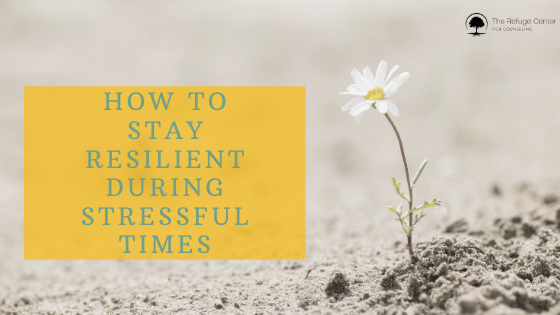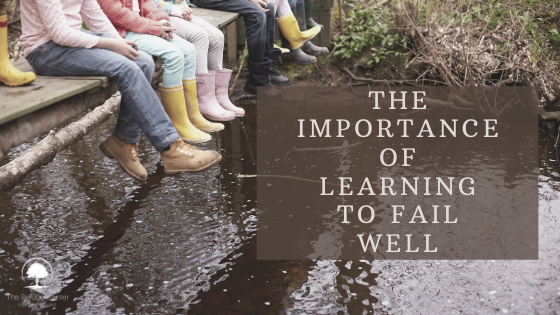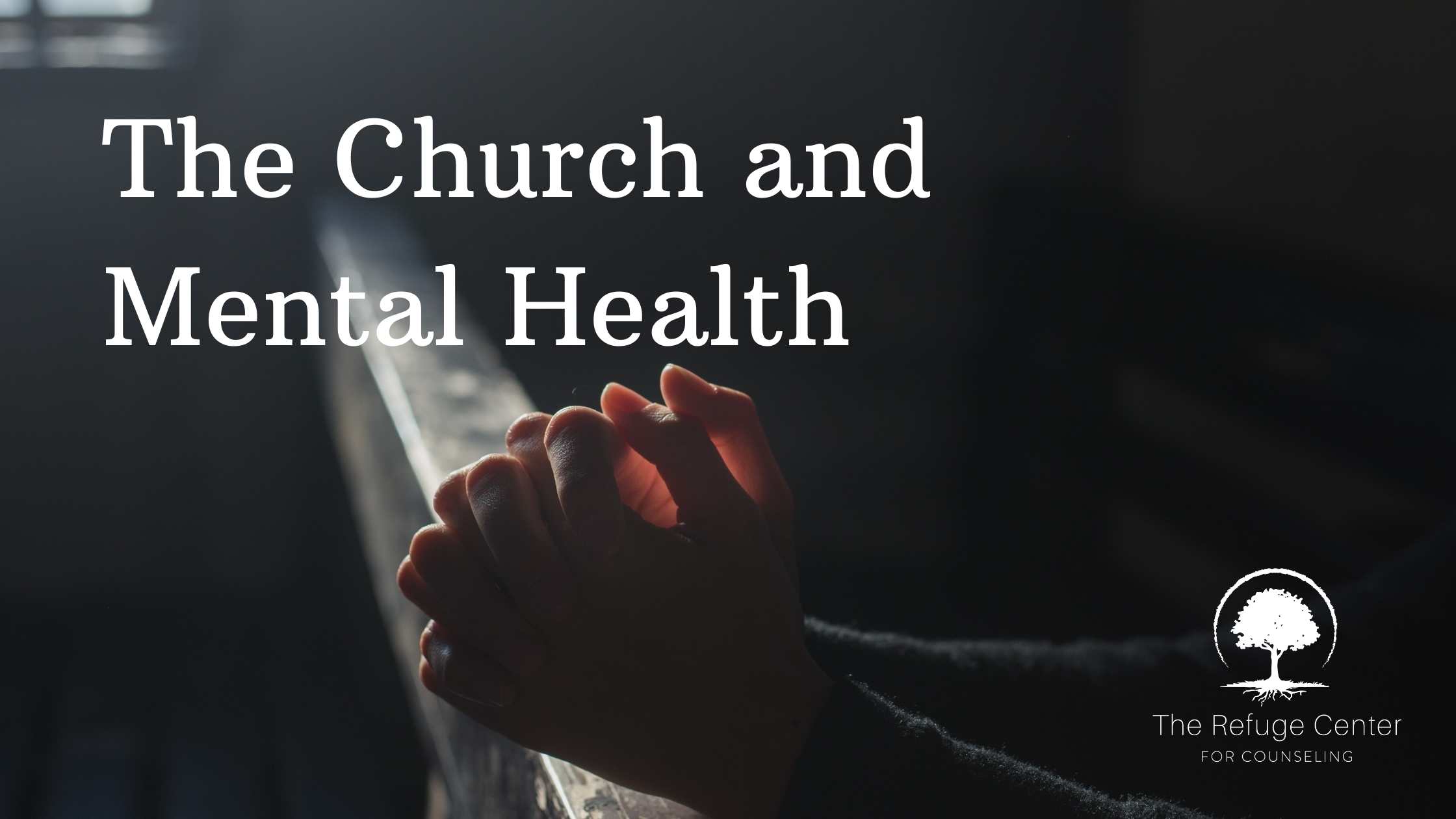How to stay resilient during stressful times
A series of questions and reflections from The Refuge Center.
What do you see as the mental health implications of this crisis/how is this stress affecting us?
There is a continuum of experiences and emotions that depend on a number of factors- things like where you live in the country, if you or a loved one has been diagnosed with COVID, the amount and types of media exposure you get etc. People are going to be in different places with this at different times, maybe even by the hour. Someone may have moments of denial or shock, they may have moments where adrenaline and anxiety is high, they might feel a sense of dread (tight chest, vigilance, trouble sleeping, anticipatory fears), some will have moments with the feeling of being helpless, fatigued or depressed. Something of this magnitude has the ability to shake our foundations- and disrupt many of the things we have built our lives on.
We all have a “Window of tolerance.” This is the zone where we function most effectively. If we get above that zone (hyperarousal) we get irritable, uncomfortable, angry, panicked, we feel like we are out of control (even of our own bodies) and kick into fight, flight freeze. When we get below the zone (hypo arousal) we get lethargic, depressed, feel “spacy” or like we are losing track of time. Stress and trauma can shrink our window of tolerance. We might need to get support from our partners or friends when we are headed in either direction. We also need strategies to recalibrate. Things like:
• 10 deep breaths in a quiet place
• Stretching
• Brisk walk
• Soaking in a hot tub
• Soothing music
• Calling a friend, parent etc.
What can we learn from this crisis?
Richard Swartz talks about “Tor-mentors” – people or experiences that trigger or tormentor us but teach us what we need to heal. This time is a tormentor –the anxiety, the loneliness. But it can also be a teacher. This crisis has the potential to bring us the parts of us that need to heal.
Making meaning of our losses or trials helps to give us comfort that “this matters” and “I can use this experience to grow and to help others.” We can use journaling to reflect in “real time.”
Spiritually, this can draw us closer to our faith. Trusting that God has a purpose in the pain.
Economically, we may have been operating on margins that are too thin. This is a time to reflect on that.
Relationally/socially-we may be taking certain relationships for granted and/or there may be some “unfinished business” that needs attention.
Personally, much of what we trust in and believe we need are not all that important and are definitely inadequate to sustain in in times like this
This is a time for us to assess our values and adjust our lives to be more in alignment with those.
We are learning we can operate on less. This is a season of pruning for individuals, families and companies. We can typically access greater discernment, innovation and creativity when we have margin and we will be better for that.
Suffering does not discriminate. We are all in this together. Every single one of us.
What are practical ways we can maintain a positive affect and outlook when things are uncertain?
Quiet time for reflection, limiting media exposure, get outside on nice days while practicing appropriate physical distancing, walk, hike, bike, etc. to get some aerobic exercise. Also, great time to clean out, throw away, organize, etc…..all the projects that never get done at home. Art, crafting, poetry, gardening, learning something new, rearranging all of your furniture, cooking, music, dancing around the house, creating cards for friends.
“Nature is one of the few things that remains constant in these uncertain times. The close I remain to it, the more peace and grounding I feel – even if it is as simple as noticing new spring grasses, budding trees, sunset, sunrise – these remind me that Mother Nature remains unchanged and the seasons (and life) will go on. These things keep me from getting stuck in the “Spin Cycle” of panic.”
What are the best ways to adjust to working from home?
Be patient and flexible.
Set realistic expectations.
Set specific work hours and honor your downtime. Don’t allow yourself to always be on call just because your commute is down the hallway.
Offer abundant grace – most people are also adjusting to a new way of working. Give yourself plenty of breaks- to stretch, hydrate and walk. Set up your space in a way that feels good to you- tea, candles, essential oil diffusers, daily reader books, warm or natural light etc.
Have a mantra you can say to yourself when you are feeling overwhelmed. Something like- I am enough, I have enough, I am doing enough
What are actionable takeaways- things you can do to navigate this situation in a healthy way?
Connect with a therapist for telehealth if you are experiencing ongoing emotional distress or if this situation is bringing up something from your past that feels unresolved (other times you felt helpless)
I would strongly encourage you to limit news exposure and time on your phone. The constant updates, stats, varying opinions, forecasts, and exposure is going to wreak havoc on your emotions and nervous system. Creates hypervigilance and cortisol surges.
Structure, structure, structure! Creating a predictable daily schedule gives us a sense of agency that can help us overcome feelings of helplessness. Our minds/bodies begin to relax when they know they can trust the flow of the day. When exterior structure disappears, we need to organize our interior lives.
Immobility is at the root of trauma. The body needs to recognize its own sense of strength- yoga, weights, walks, cooking, painting, dancing. Stay focused on what is right in front of you… your work, your breath, listen to the birds for a few moments, drink hot tea, notice the colors in the room you are in, turn on soft music etc.
If you are going to expose yourself to information make it life-giving. Listen to podcasts and sermons that encourage and uplift you. Listen to positive music or bi-neural beats that soothes you. Or fall asleep listening to beautiful guided stories.
Stay in the present moment! One day at a time. Stay regulated and focus on what we know…not what people speculate about.
Creatively engage in virtual community, whether that be existing friends, family, or joining new groups that give a sense of social support (a running group where everyone runs in their neighborhoods at the same time, a knit-a-long where everyone is creating the same project together, etc.)
Make a plan for how you can contribute to others. Many industries are in need of and accepting donations to support their workers (gig workers, hospitality workers, music industry workers, service/food industry employees, etc). If you are in good health and willing to run errands for those at high-risk or coordinate on the back end, there is a community group called CovidHelpNashville in need of volunteers.
Honor your emotions, as wild and varied as they may be, and offer yourself grace and compassion. This is new for you and it is new for everyone else too. Your pain is valid, your anxiety is valid, and you are doing the best you can to navigate something brand new.
If you feel the need for additional support during these stressful times, you don’t have to walk this road alone. Reach out to us at 615-591-5262.
Blog written as a collective summary from The Refuge Center
Share this post
Share on facebook
Share on twitter
Share on linkedin
Share on pinterest
Share on print
Share on email
About Us
Who We Serve
Get Involved
-
Connections Lunch
-
Sponsorship Opportunities
-
Volunteer
-
Internship Opportunities
-
Post Master’s Fellowship Program
What’s Happening
Follow Us
Instagram
Facebook
Twitter
Youtube
Pinterest
The Refuge Center for Counseling is a 501c3 nonprofit organization (20-3831943). We are also a United Way of Williamson County Partner Organization.






